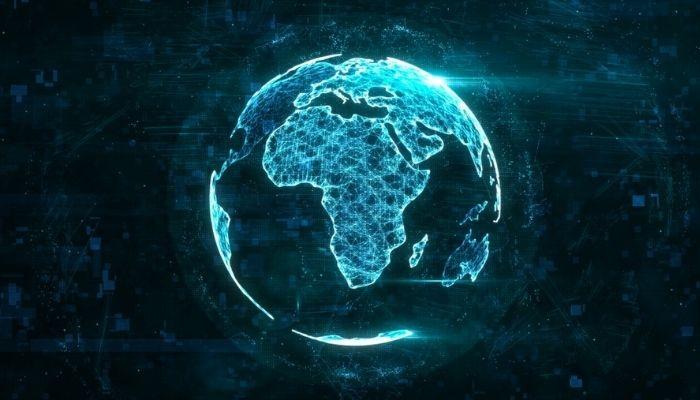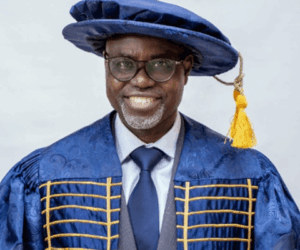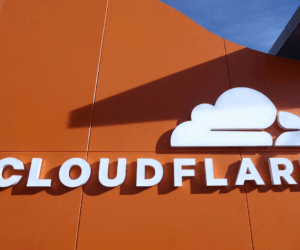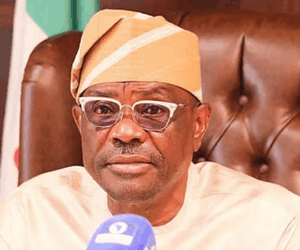…As industry leaders demand urgent infrastructure fixes
Africa’s burgeoning digital economy, poised to be a global powerhouse, faces existential threats from energy shortages and unprepared infrastructure as artificial intelligence (AI) adoption accelerates, industry leaders warned.
With data center power demand surging at 20 percent to 25 percent annually and potentially reaching 8,000 gigawatt-hours, the continent’s ability to sustain its digital ambitions is at a critical juncture.
Despite its vast potential, the lack of reliable electricity for 600 million Africans and inadequate facilities for AI workloads could derail the region’s digital gold rush.
Bill Kleyman, chief executive of Apolo.us, emphasized that connectivity is the lifeblood of people, underscoring Africa’s position as one of the world’s fastest-growing digital markets.
However, Kleyman cautioned that energy constraints could choke this progress. With only 10 percent of data centers equipped to handle the high-density racks required for AI, climbing from 16 to 60 kilowatts, Africa risks falling behind in the global race for technological dominance.
Kleyman stressed, “Vision without execution is just hallucination,” urging bold action to seize the continent’s digital moment.
Read also: AgriTech, open data, critical to Nigeria’s digital economy – stakeholders
Beyond energy, talent retention emerged as a critical bottleneck. Johnson Agogbua, CEO of Kasi Cloud, highlighted that while power and connectivity issues are surmountable, the scarcity of skilled professionals could prove more daunting.
“We will solve power and connectivity. But can we train enough people and keep them here?” he asked.
Roger Shutte of MTN Nigeria echoed this, noting the challenge of preventing brain drain while fostering digital sovereignty.
The continent’s ability to build and retain a skilled workforce will determine whether it can capitalize on its digital growth or lose talent to global markets.
Infrastructure gaps further complicate the landscape. Africa represents 18 percent of the world’s population but accounts for less than 2 percent of global data center capacity and under 1 percent of compute power.
Temitope Osunrinde, executive director of Africa Hyperscalers, pointed out that 80 percent of Africa’s data is still hosted offshore, a stark indicator of the continent’s reliance on foreign infrastructure.
While investments from global giants like Meta, Google, Visa, Equinix, and Nvidia signal growing confidence, the lack of local capacity remains a hurdle.
Osunrinde called for governments to fast-track approvals, open telecom networks to competition, and incentivize renewable energy to power the digital economy.
Policy and enterprise readiness for AI also demand attention. Dr. Kashifu Inuwa Abdullahi of Nigeria’s NITDA emphasized embedding AI responsibly to ensure competitiveness.
Meanwhile, Muhammed Rudman of the Internet Exchange Point of Nigeria highlighted efforts to “domesticate content” and reduce dependence on international routes, a move critical for digital sovereignty.
These discussions underscore the need for coordinated efforts between public policy and private execution to bridge Africa’s digital divide.The financing and regulatory environment presents additional challenges.
Osunrinde noted that 50 percent of a data center’s cost is equipment, proposing that tax-free imports could significantly boost development. With global vacancy rates for data centers dropping below 1 percent, the pressure is on to act swiftly.
Subsea cable expansions and new data center builds signal momentum, but the scale of investment required to meet Africa’s digital demand is immense, particularly as new facilities consume power equivalent to small cities.
These critical issues took center stage at Hyperscalers Convergence Africa 2025, held in Lagos, themed “The Power of Convergence.” The summit convened executives from digital infrastructure, telecom, and cloud industries, including leaders from MTN Nigeria, Africa Finance Corporation, and Nokia, to address Africa’s infrastructure bottlenecks.
From energy and regulation to talent and financing, the event highlighted the need for bold reforms to unlock the continent’s digital potential.
The summit’s urgency was palpable as speakers like Vivek Mittal of AFIDA and Ben Roberts of Digital Economy Advisors called for collaboration across sectors.
Panels explored scaling data center capacity to 2,500 MW and preparing Africa’s enterprise landscape for AI, with contributions from Equinix, eTranzact, and Business Finland.
The consensus was that Africa’s digital revolution hinges on aligning power grids, policy frameworks, and human capital.
“The challenge is not only to power homes but to power Africa’s digital economy,” Osunrinde said, encapsulating the summit’s call to action. Without addressing energy shortages, talent gaps, and infrastructure deficits, Africa risks squandering its chance to lead in the global digital era.









